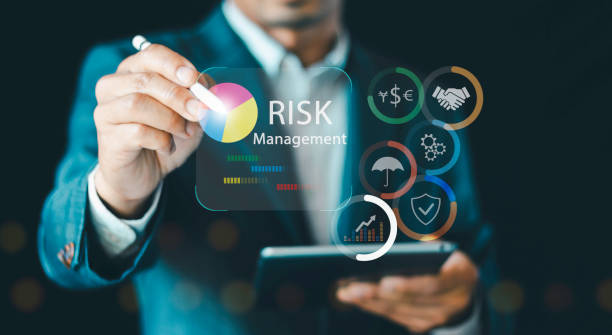Forex trading is the largest financial market in the world, offering vast opportunities for traders to profit from currency price movements. However, mastering Forex trading requires knowledge, strategy, and discipline. This guide provides expert tips and proven strategies to help you navigate the Forex market successfully.
Understanding the Forex Market
Forex, or foreign exchange, is the global marketplace for trading national currencies. Traders buy and sell currency pairs, such as EUR/USD, GBP/USD, and USD/JPY, aiming to profit from price fluctuations.
Key Elements of Forex Trading
- Currency Pairs: Major, minor, and exotic pairs
- Market Participants: Banks, hedge funds, retail traders
- Trading Sessions: Asian, European, and American sessions
- Leverage & Margin: Amplifying trading positions
- Pips & Spreads: Measuring price movements
Expert Advice for Forex Trading Success
1. Master Forex Basics
Knowledge of economic indicators, interest rates, and geopolitical happenings is key to forecasting market trends.
2. Select a Suitable Trading Platform
Pick a trustworthy Forex broker with minimal spreads, robust security, and superb customer support.
3. Create a Trading Plan
A trading plan should be clearly defined, including entry and exit strategies, risk management principles, and performance monitoring.
4. Practice on a Demo Account
Before risking real money, use a demo account to familiarize yourself with market conditions and trading platforms.
5. Control Your Emotions
Fear and greed can lead to impulsive decisions. Stay disciplined and stick to your trading plan.

Proven Forex Trading Strategies
1. Scalping
This short-term strategy involves making multiple trades within minutes to capitalize on small price movements.
2. Day Trading
Day traders open and close positions within a single trading day, avoiding overnight risks.
3. Swing Trading
Swing traders keep positions for a number of days or weeks to exploit medium-term trends.
4. Trend Following
It is the technique of detecting and tracking market trends through technical indicators such as moving averages and trend lines.
5. Breakout Trading
Traders locate significant support and resistance levels and make trades once price breaks through these levels.
Risk Management in Forex Trading
1. Use Stop-Loss Orders
A stop-loss order restricts losses by ending a trade as soon as price hits a level.
2. Position Sizing
Decide on the correct trade size in relation to your risk tolerance and account balance.
3. Diversify Your Trades
Prevent over-exposure by trading several currency pairs rather than one.
4. Monitor Market News
Economic news and geopolitics can affect currency prices enormously.
5. Keep a Trading Journal
Maintaining a record of your trades allows for the analysis of performance and improvement in strategies.

Basic Forex Trading Errors to Avoid
1. Overleveraging
Too much leveraging can result in huge losses.
2. Not Paying Attention to Risk Management
Lack of risk management may result in losing all of one’s capital.
3. Chasing the Market
Making trades without adequate analysis may result in bad decisions.
4. Trading Without Strategy
Lack of a well-thought-out method often results in inconsistent outcomes.
5. Lack of Market Analysis
Successful traders blend technical and fundamental analysis for knowledgeable decision-making.
Conclusion
Mastering Forex trading takes time, patience, and a well-structured approach. By learning fundamental and technical analysis, applying sound risk management strategies, and staying disciplined, traders can increase their chances of success in the Forex market. Whether you’re a beginner or an experienced trader, continuous learning and practice are key to long-term profitability. Happy trading!
FAQs
What is the best Forex trading strategy for beginners?
Beginners should start with trend-following strategies, as they are easier to implement and understand.
How much money do I need to start Forex trading?
Many brokers allow trading with as little as $100, but a larger capital provides better risk management options.
Can I trade Forex without leverage?
Yes, trading without leverage reduces risk but also limits potential returns.
How do I choose the best Forex broker?
Look for regulated brokers with competitive spreads, fast execution, and strong customer support.
Is Forex trading profitable?
Yes, but it requires knowledge, strategy, and disciplined risk management to be consistently profitable.

